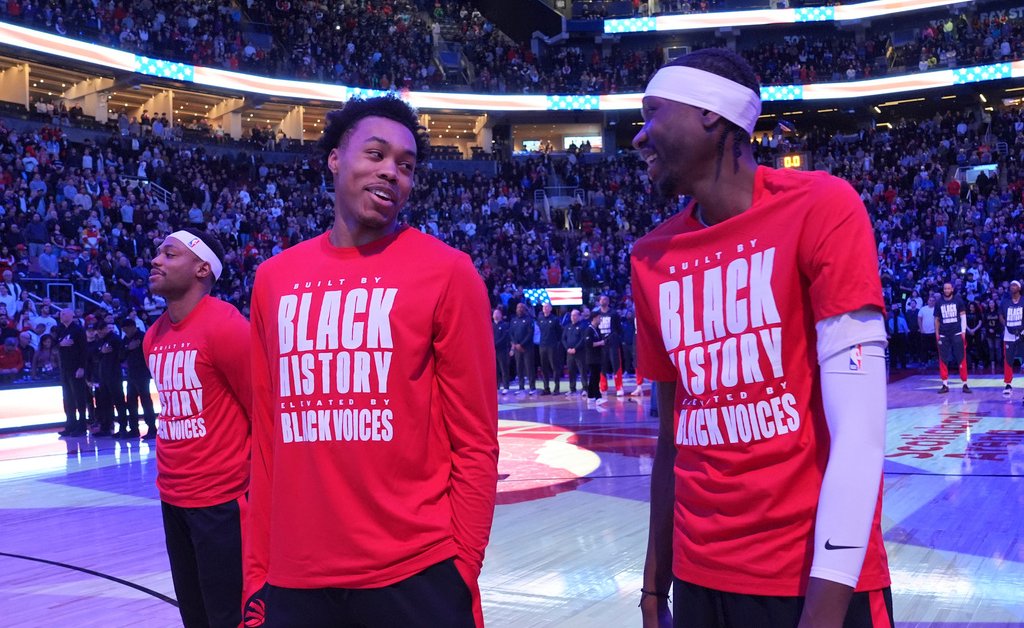Anthem Showdown: Canadian Crowds Unleash Vocal Protest During U.S. Performance

In a growing display of national frustration, Toronto Raptors fans have joined a rising trend of expressing their discontent by booing the U.S. national anthem during sporting events. This wave of protest stems from tensions created by trade tariffs imposed by the Trump administration on Canada, America's closest ally and northern neighbor.
The passionate response from sports fans reflects a deeper sentiment of economic and diplomatic strain between the two countries. What began as a trade dispute has now spilled over into the cultural arena, with spectators using sporting events as a platform to voice their disapproval of international political tensions.
As the controversy continues, these anthem protests highlight the complex relationship between the United States and Canada, demonstrating how economic policies can quickly transform into public expressions of national sentiment.

